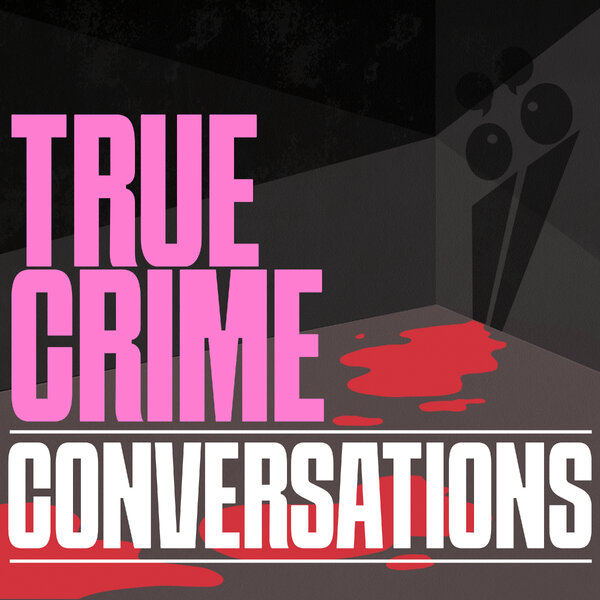
It was early 2020 when UK tech journalist Carl Miller found himself staring at a list of hundreds of names of people who had been ordered dead.
A hacker friend, Chris, who he'd worked with before, had managed to wriggle himself into the backend of a 'hitman for hire' website on the dark web, uncovering an enormous list of hit-orders that'd been requested from around the world.
Ordinary people, with ordinary lives, jobs and families — who someone wanted dead.
Listen to Carl Miller speak on Mamamia's True Crime Conversations. Post continues after podcast.
Miller expected the motives to be linked to organised crime, but he soon discovered they were mostly romantic relationships gone wrong — men (mostly) who wanted women dead because of money, revenge, control, jealousy or child custody.
"It was somewhere between 60 and 70 per cent of the targets [that] were women… they were normal people apart from the fact that someone had determined that someone else should die," he told Mamamia's True Crime Conversations podcast.
The clincher was that the website was a scam. It would take people's money and then not deliver the hit, but that didn't mean the danger wasn't real.
There had already been one woman whose husband took matters into his own hands when the hit didn't come through. Stephen Allwine murdered his wife Amy in Minneapolis in 2016, and police worked out he'd paid the website $13,000 in Bitcoin under the username 'DogDayGod' before deciding to kill her himself.
 Amy and Stephen Allwine. Image: 48 Hours.
Amy and Stephen Allwine. Image: 48 Hours.





























































































